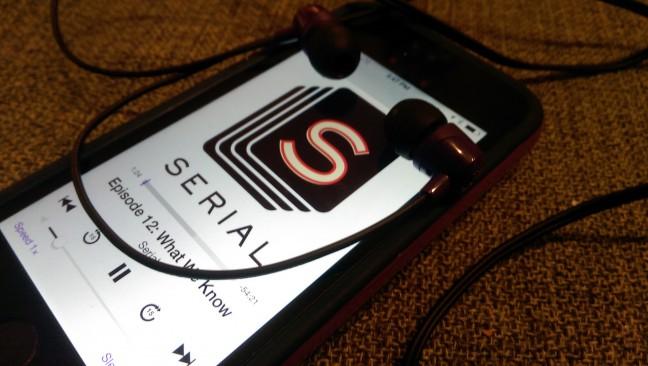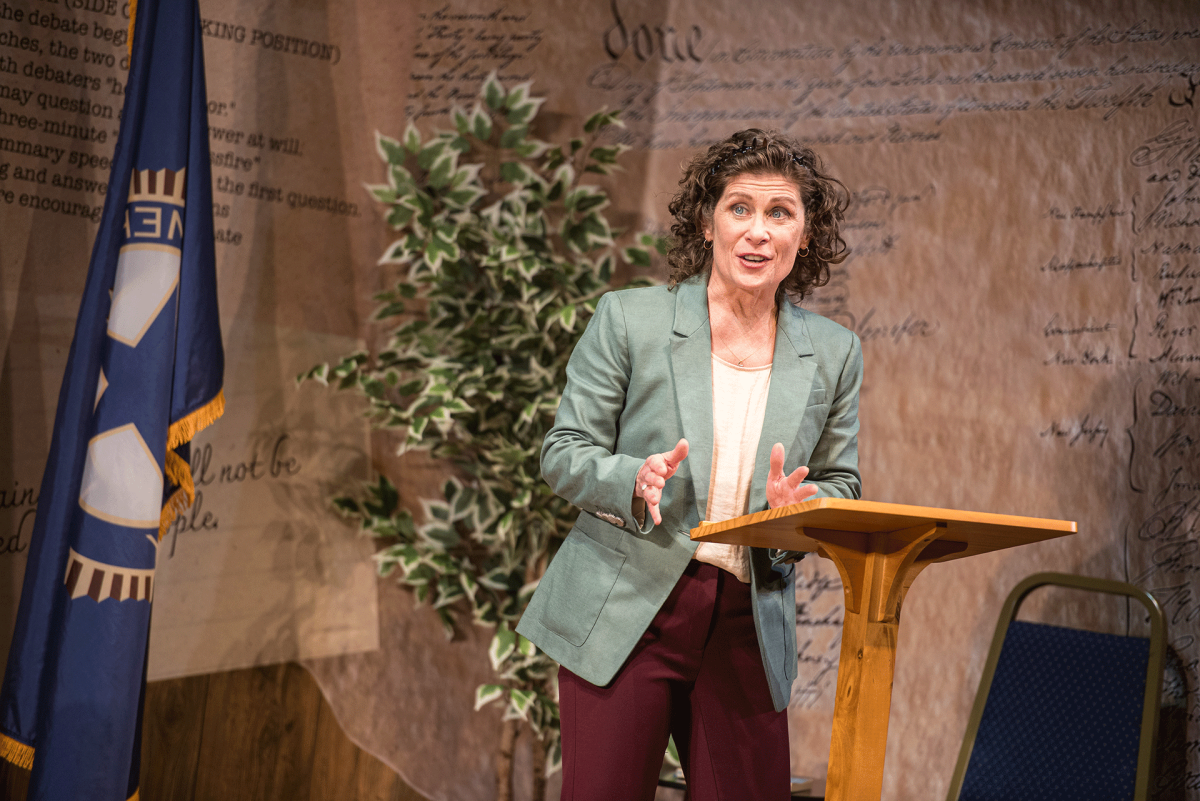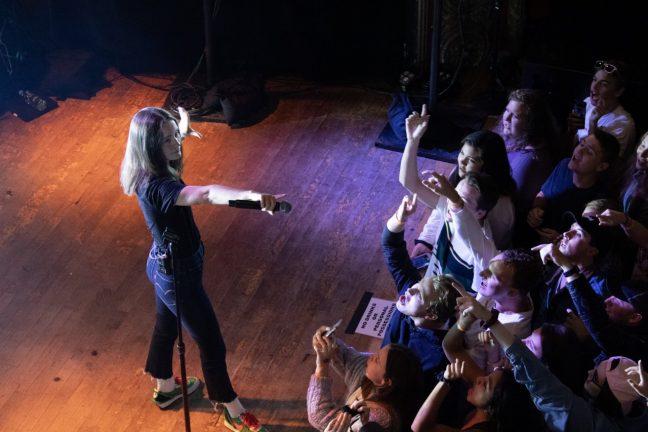After its first season ended about a month ago, it’s been difficult to avoid the massive public fascination around National Public Radio member station WBEZ’s spin-off podcast “Serial.” Both Saturday Night Live and Funny or Die have parodied it, Reddit threads have exploded with analysis and almost every journalist has tweeted its existence. Just when “old-fashioned” mediums like radio seemed doomed, “Serial’s” auditory expedition through a real-life murder mystery has made it one of the biggest viral sensations in recent memory.
In contrast, a number of summers ago I read John Grisham’s nonfiction work, “The Innocent Man.” The book chronicles the wrongful accusation of Ron Williamson for the murder of Debra Sue Carter in a small Oklahoma town in the 1980s. Grisham offers the evidence both for and against Williamson, weighing the options and describing the sloppy events that transpired during the trial that incorrectly convicted and sentenced Williamson to death. He served 11 years on death row before the Innocence Project exonerated him with DNA evidence in 1999.
Producer and journalist Sarah Koenig similarly pieces together the events before, during and after a murder on “Serial,” a podcast that premieres a new episode each week. She tells the story of Adnan Syed, an inmate at the Maryland Correctional Facility who was arrested and then convicted of the murder of his ex-girlfriend, Hae Min Lee.
Different from Grisham is how Koenig delves into the overwhelming ambiguity and bewilderment involved the case against Syed. The case landed Syed, a seemingly amicable, conscientious high school senior, in prison for life in 2000. Stories from key witnesses do not match up, the motive for Lee’s death is hazy, questions of morality emerge and, perhaps most alarmingly, an alibi with the potential to acquit Syed is never used in court; all of which are among other bizarre mishaps that complicate the trial. Koenig questions any and all sources relevant to the case on each installment in an effort to reduce the amount of possibilities for what actually happened on the day of the crime.
A spin-off of the well-established radio program “This American Life,” “Serial” shares a lot of the characteristics of its parent program: the nuance, careful conversation, even the same producers (Koenig produces “This American Life” alongside Ira Glass). Koenig diligently follows a pattern of prefacing information to be presented, stating the information then analyzing it and drawing connections to other important parts of the case. “Serial” has a narrow focus and aims to invoke a reaction that asks listeners to wait for more information instead of jumping to conclusions.
Rather than highlight a certain facet of the human condition, as Ira Glass does, Koenig questions it. What kind of person do you have to be to commit such a heinous crime, or rather, to convict someone seemingly unlikely of committing it? Who’s telling the truth and who has reason not to? These and more inquiries guide “Serial” through the rugged terrain of information and opposing perspectives that make it such an interesting listen.
I won’t spoil anything from the final episode, but this is what makes “Serial” original in the way it tells the murder mystery. In the final episode Koenig asks an expert attorney if Syed’s case was remarkable by any means, implying that it wasn’t, that it was only interesting because it was taken apart bit by bit. This is ironic, because Koenig’s style of studying each and every part of the whole and making no claim about it could make anything remarkable. Through the inquisitive eye of someone attempting to solve a tricky equation, Koenig stops at nothing to paint a picture with the facts we have, even if they don’t offer a solution.
On the surface, “Serial” doesn’t sound much different from “The Innocent Man” or any other crime program, save for the fact it’s a podcast. What makes “Serial” unlike other serialized documentations of homicide, however, is the approach Koenig utilizes in making sense of such a strange case. She forges her own path, carefully avoiding bias. There are certainly traditional components of the serialized narrative imbued in the show, but listeners perceive them through the eyes of Koenig. She is not a private investigator or jury member, but a journalist simply trying to make sense of a collection of information, some correct, some incorrect, as any journalist assigned to a crime beat would. And with the Maryland Court of Special Appeals recently announcing they intend to rule on Syed’s case, the impact of “Serial” cannot be understated. Overall, this is much more than you can get from a John Grisham book.





















